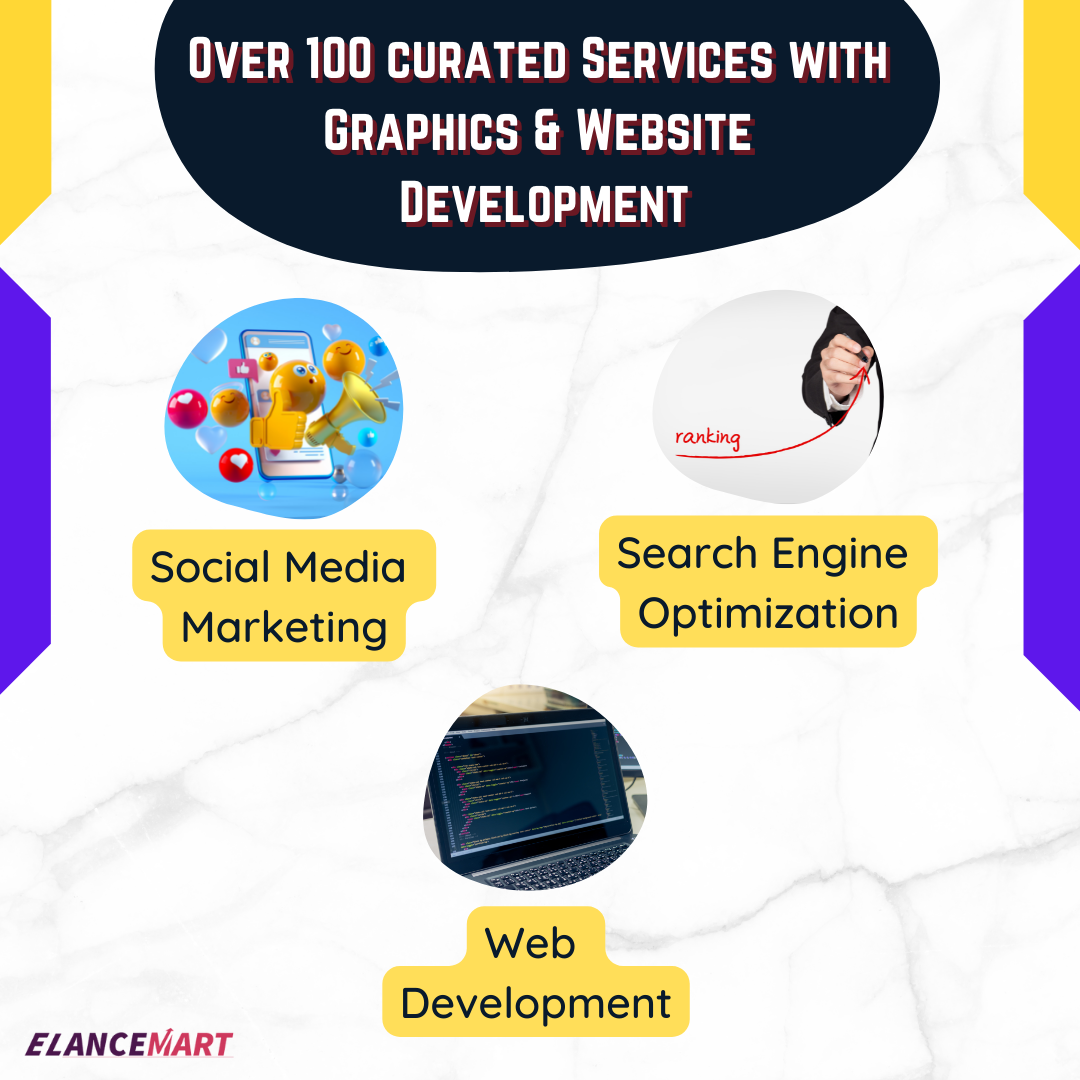Microsoft’s Game-Changing Move: The $69 Billion Acquisition of Activision Blizzard
A Gamble on Gaming
A mere decade ago, Xbox was a struggling division within Microsoft, its future uncertain. Today, it stands as a pillar of the tech giant’s future, testament to the visionary leadership of Phil Spencer. This transformation didn’t come cheap. Despite gaming revenue accounting for just 7.3% of Microsoft’s total sales, the company chose to double down, investing heavily in an industry dominated by Sony and Nintendo.
The acquisition of Activision Blizzard is not just about buying a company—it’s about buying potential, buying possibilities. It’s about securing popular mobile games like Candy Crush to bolster Microsoft’s lagging mobile games business. It’s about obtaining the rights to beloved franchises like Call of Duty, Diablo, Overwatch, and more, to expand its multi-game subscription service, Game Pass. But most importantly, it’s about Microsoft making a resounding statement: it won’t cede the gaming market; it’s here to play.
Challenges and Controversies
Closing the deal has not been a walk in the park. The acquisition faced formidable opposition from regulatory authorities. It took tenacity, negotiation, and a restructuring plan that involved selling some gaming rights to French publisher Ubisoft Entertainment to finally win over the UK’s Competition and Markets Authority. Beyond the regulatory hurdles, the gaming landscape itself has been shifting. The anticipated commercial opportunities in the metaverse have not materialized as predicted, and Microsoft’s standoff with Apple over access to its app store continues to be a stumbling block.
Then there’s the issue of Activision Blizzard’s corporate culture. Activision CEO Bobby Kotick has been under fire for allegedly fostering a ‘frat boy’ culture, which led to a lawsuit by California’s Civil Rights Department. As Microsoft takes the reins, reforming Activision’s culture will be an uphill task.
A New Chapter
With the completion of the acquisition, Microsoft is poised to write a new chapter in the gaming industry. Despite the challenges, the potential rewards are immense. The company now owns several popular game franchises that it plans to fold into its Game Pass service. The aim is not just to monopolize the market, but to democratize it—to bring Activision games to more people on more platforms.
This acquisition is a bold step in a broader industry consolidation trend. It’s a gamble on the future of gaming, and on Microsoft’s role within it. For Phil Spencer and his team, the work is only just beginning. But if the past decade is any indication, they’re more than up to the task.






